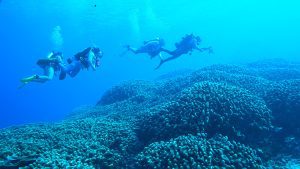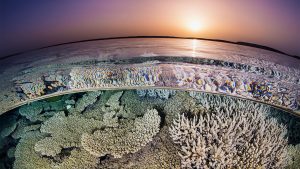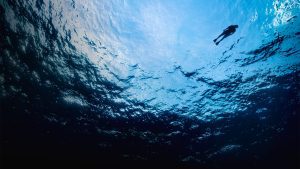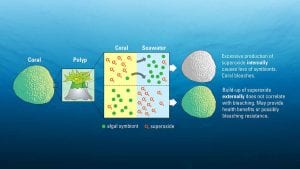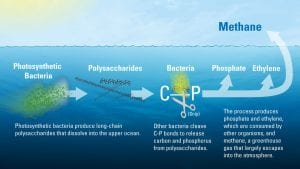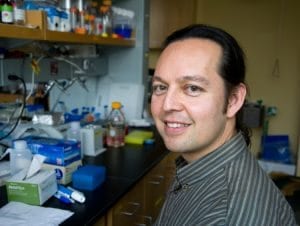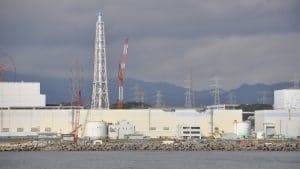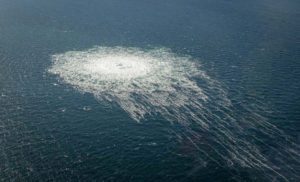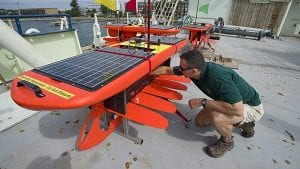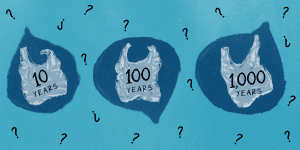Research Highlights
Oceanus Magazine
News Releases
A new study from WHOI indicates that superoxide’a natural toxin believed to be the main culprit behind coral bleaching’may actually play a beneficial role in coral health and resilience.
A new study may have cracked the longstanding ‘marine methane paradox,’ finding that the answer may lie in the complex ways that bacteria break down substances excreted into seawater by living organisms.
The Camille and Henry Dreyfus Foundation selected Mak Saito, a biogeochemist at Woods Hole Oceanographic Institution (WHOI), as one of eight awardees of a 2016 Postdoctoral Program in Environmental Chemistry grant.
Five years after the Fukushima accident, scientific data about the levels of radioactivity in the ocean off our shores are available publicly thanks to ongoing efforts of independent researchers, including WHOI radiochemist Ken Buesseler, who has led the effort to create and maintain an ocean monitoring network along the U.S. West Coast.
Scientists monitoring the spread of radiation in the ocean from the Fukushima nuclear accident report finding an increased number of contaminated sites off the US West Coast, along with the highest detection level to date, from a sample collected about 1,600 miles west of San Francisco. The level of cesium in the sample is 50 percent higher than other samples collected, but is still more than 500 times lower than US government safety limits for drinking water and well below limits of concern for direct exposure while swimming, boating, or other recreational activities.
Ken Buesseler, a marine radiochemist with the Woods Hole Oceanographic Institution (WHOI) and director of the WHOI Center for Marine and Environmental Radioactivity, was among the first to begin monitoring radiation in the Pacific, organizing a research expedition to the area just three months after the start of the ongoing accident. Through a citizen science sampling effort, Our Radioactive Ocean, as well as research funded by the National Science Foundation, Buesseler and his colleagues are using sophisticated sensors to measure minute levels of ocean-borne radioactivity from Fukushima. In 2015, they have added more than 50 new sample locations in the Pacific to the more than 200 previously collected and posted on the Our Radioactive Ocean web site.

